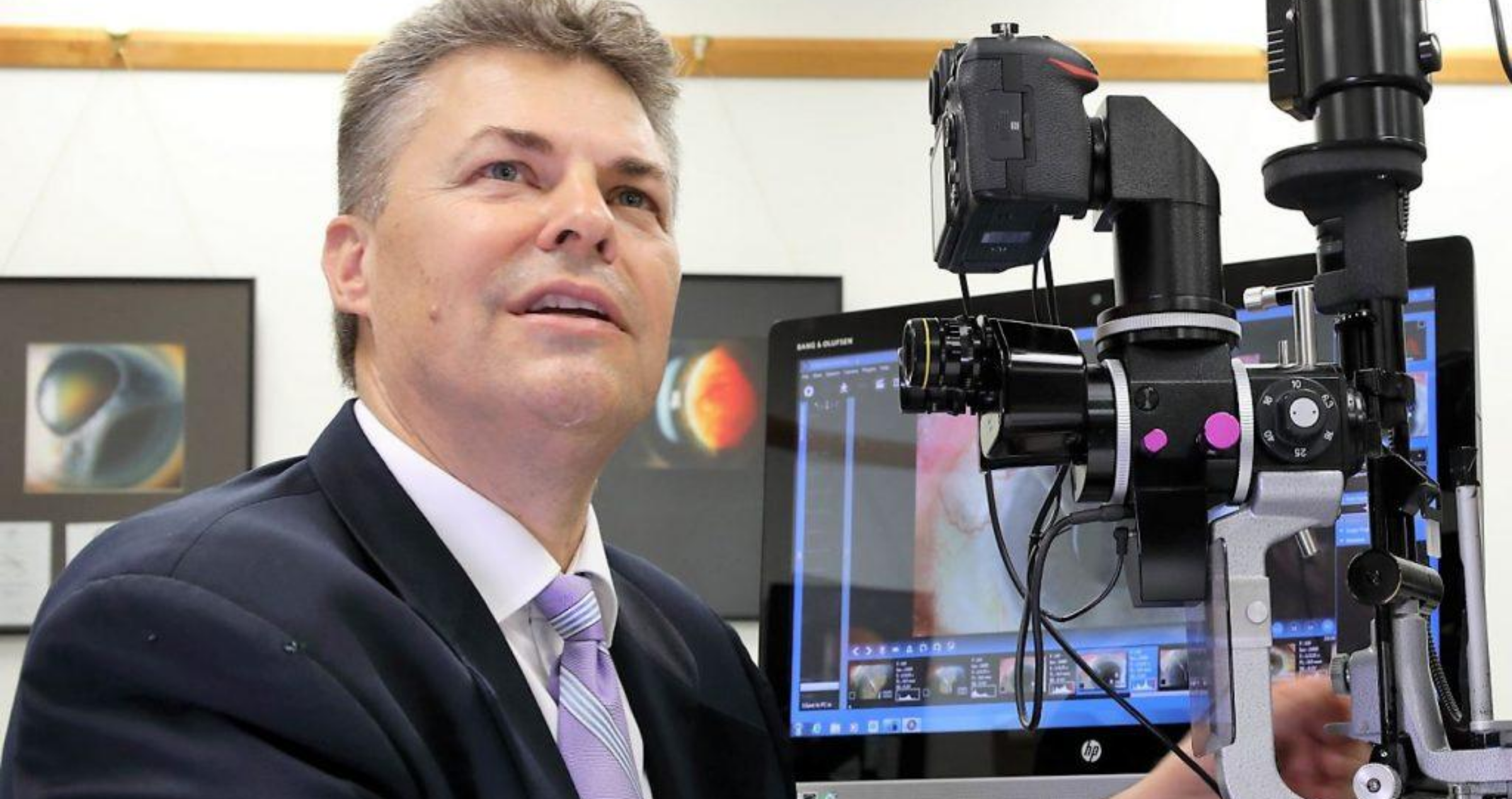Share
The Targeting at Risk Relatives of Glaucoma patients for Early Diagnosis and Treatment (TARRGET) study is a partnership project between Glaucoma Australia and the Australian and New Zealand Registry of Advanced Glaucoma (ANZRAG, based at Flinders University, Adelaide).

The importance of family history in risk assessment for glaucoma has been well documented and is an important message promoted by Glaucoma Australia. The TARRGET study aims to implement and evaluate an innovative educational program directed at family members of people with advanced glaucoma, and to encourage regular eye health checks. With a focus on early detection, the program is novel in providing personalised risk information to the family member to take with them to an eye health practitioner for a glaucoma screening appointment. All those who have received this information have an immediate relative with advanced glaucoma taking part in the Australian and New Zealand Registry of Advanced Glaucoma.
Family Tree forms, requesting contact details for first-degree relatives (FDRs) were mailed to 1919 advanced glaucoma cases in the ANZRAG. 637 forms have been returned providing names and contacts details for 1922 FDRs, an average of 3 FDRs per advanced case. Details for an additional 311 FDRs have been provided directly to the ANZRAG resulting in a total of 2233 FDRs with contact details. 101 index cases are now deceased, however 27 of these had previously returned forms or forms were completed by family members.
A TARRGET information pack, comprising a letter, personalised flyer and a newly developed Glaucoma Australia brochure, has been mailed to 2175 FDRs. 82 packs have been received back as “Return to Sender” so we estimate that 2093 FDRs have so far received personalised information about their risk. Feedback from FDR eye health checks has been received via reply-paid mail, email and an online survey.
Results have been received to date from 307 individuals indicating: 185 with no glaucoma, 51 glaucoma suspects, 11 ocular hypertension without glaucoma and 54 with glaucoma. These preliminary results suggest approximately 38% of FDRs have the disease or have suspicious signs and require close monitoring. Feedback of results continues to occur as we have follow up and reminder processes built into the study.
The TARRGET study continues to send Family Tree forms to all new, suitable advanced cases in the ANZRAG and to recruit their FDRs. Additional funding has recently been received from Glaucoma Australia which aims to broaden the study to include non-advanced cases of glaucoma as index cases and also to recruit family members into the ANZRAG so that their genetic risk can be assessed with a blood or saliva sample. The TARRGET study will also investigate the possible role of Polygenic Risk Scores (PRS) in determining care and treatment of patients with a mutation in the Myocilin gene. To assist in our investigations we will recruit 1,000 controls without glaucoma and assess their PRS.
Currently, FDRs in the study are assisting with a survey to gauge the interest of unaffected individuals in genetic screening for glaucoma related genetic susceptibility, which will further assess the risk of developing the condition.
Funded by the National Health and Medical Research Council (NHMRC), the TARRGET study is a partnership project between Glaucoma Australia, Flinders University, the University of Western Australia/Lions Eye Institute, the University of Tasmania and Sydney Eye Hospital and WA Country Health Service (Department of Health WA).



